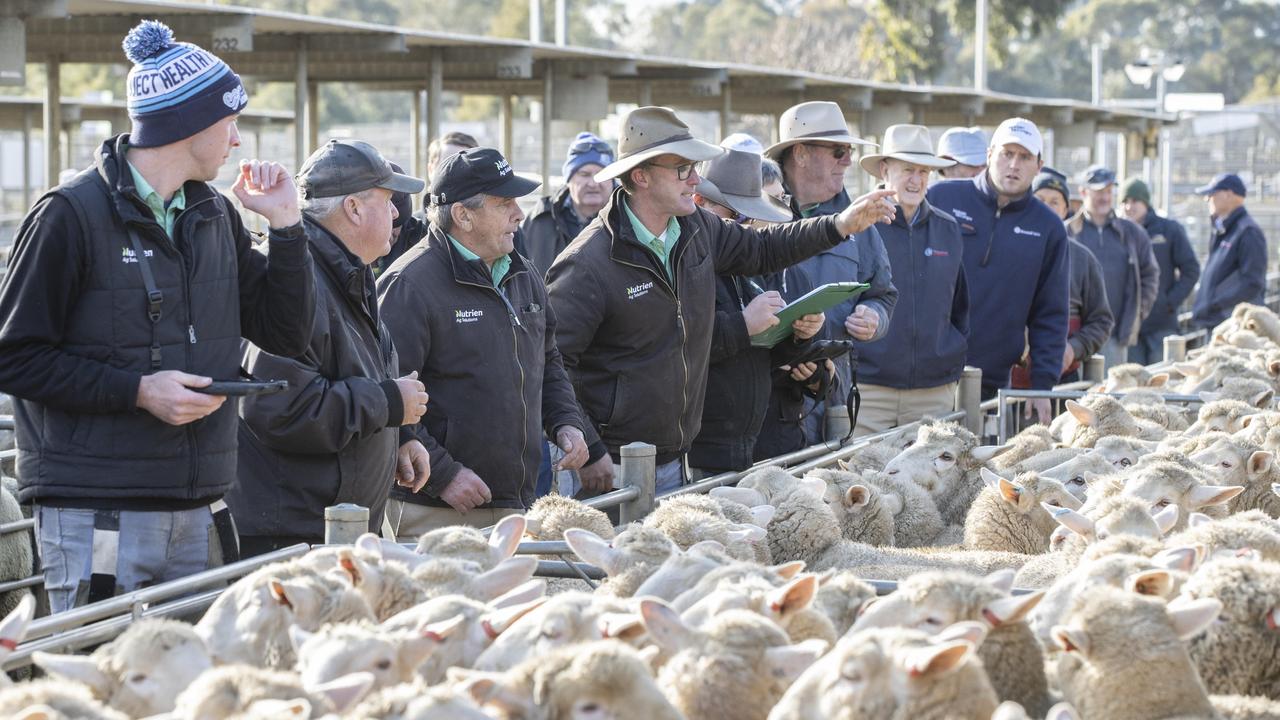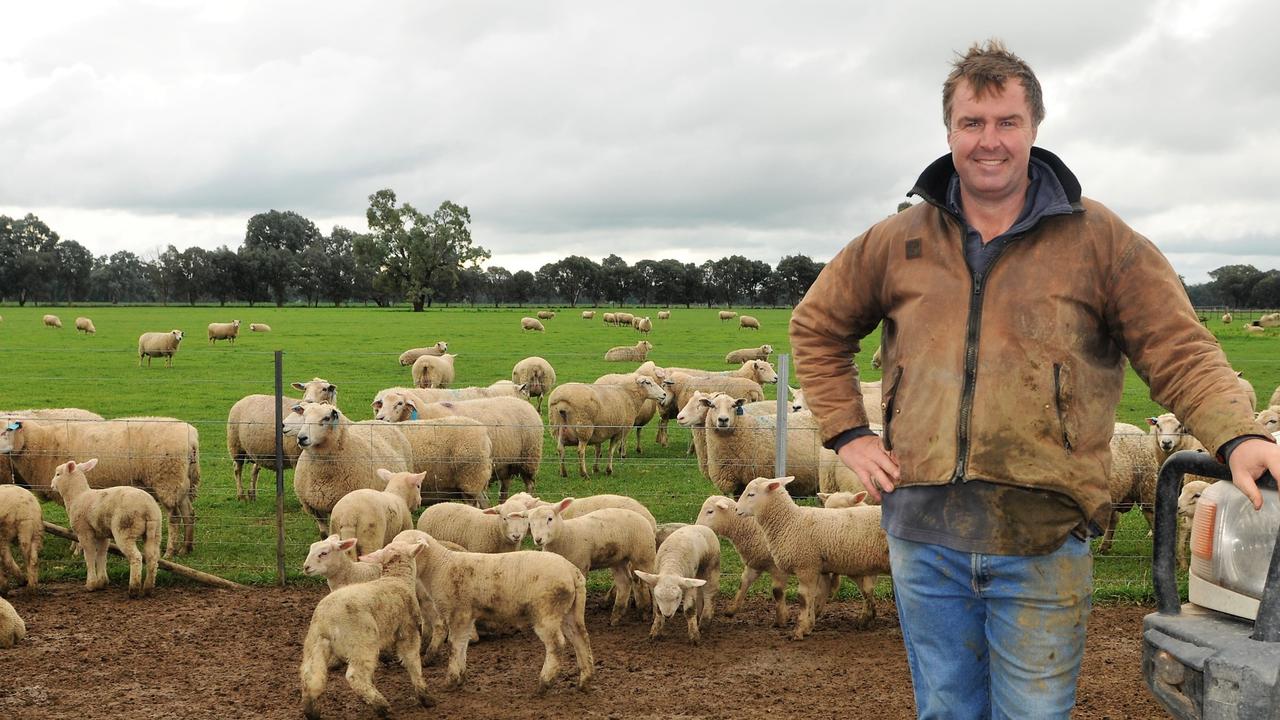Wool rates down again as volumes at auction increase
Melbourne Cup holiday delays in auctions and an increase in interest rates may further impact wool prices which have already fallen.
Wool growers are hoping for a change of fortunes after values slid after last week’s sales.
Auctions were pushed back to Wednesday and Thursday this week due to the Melbourne Cup holiday and 45,000 bales are rostered to sell during the two-day period.
And any change in Australia’s interest rate and the flow on effects to the value of the Australian dollar could also impact the market.
Last week, the benchmark Eastern Market Indicator lost 10c/kg to close at 1129c/kg clean.
The biggest drops were in the fine wool range, with the 19 micron indicator losing 21c/kg and 20-micron down 26c/kg.
Crossbred wool shed a few cents-a-kilogram and those falls are being attributed to slow sales in China according to Fox and Lillie national wool supply manager Eamon Timms.
“From what processors are reporting to Fox and Lillie Export and with the selection of crossbred wool beginning to increase, there is a feeling like recent higher prices will not be reached again in the short to medium term,” Mr Timms said.
“The stocks of crossbred wool tops and greasy wool in China is certain to keep a lid on upside.”
Mr Timms said there were also challenges for finer microns with China, as a warmer than usual autumn had influenced sweater sales.
“There is an element of demand for uniforms which is keeping some interest for sales of wool top so there is some support for Merino fleece between 19-21.5 micron,” he said.
In its analysis of the market, Australian Wool Innovation said more wool was being offered this season compared to last.
“There are 51,706 bales more of Australian grown wool sold to the trade so far this season,” an AWI spokesman said.
“This is 10.3 per cent more than at the same time last season.”
The analysis showed that the volume of wool being tested by the Australian Wool Testing Authority was also on the rise, up 2.6 per cent.
“All this perhaps indicates that a draw down of the grower held stocks are being placed into Australian auctions,” the AWI spokesman said.
“This is largely from stocks that had built up from the 2019-20 season.”




